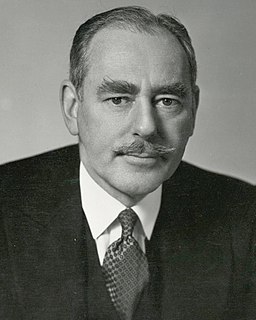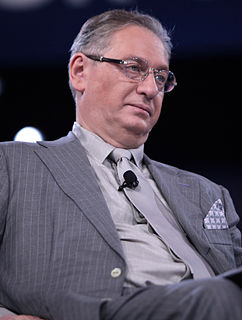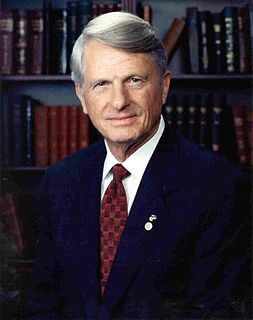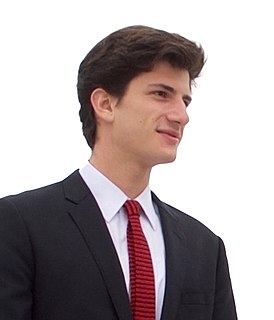A Quote by Dean Acheson
The limitations imposed by democratic political practices makes it difficult to conduct our foreign affairs in the national interest.
Related Quotes
The great rule of conduct for us, in regard to foreign nations, is in extending our commercial relations to have as little political connection as possible... Why, by interweaving our destiny with that of any part of Europe, entangle our peace and prosperity in the toils of European ambition, rivalships, interest, humor, or caprice?... It is our true policy to steer clear of permanent alliances with any portion of the foreign world.
We need a leader who has a sense of balance, an understanding of the ebb and flow of history and a sense of our country's unique place in it. This is a foreign policy debate, and you cannot conduct foreign policy without a sense of what we are fighting for. And any President who can reduce the conduct of this country's affairs to a morning's attack by a bunch of demented fascists does not, in my view, understand what this great nation is all about.
I think what we need to do is understand our number one obligation is to act in the national interest of the United States of America. I believe it is in our national interest to see democracy take hold on the island of Cuba. And so we examine our foreign policy, including all the changes that President Obama made, in that lens and through that lens.
The rest of the world cares about how we conduct our affairs because they then take that lead. We're the only leader in the world today. Some are wishing us well, others think that we're down and are not going to get back up again, but they are all watching with great interest to see how we conduct our business over the next couple of years.
The rest of the world cares about how we conduct our affairs because they then take that lead. Were the only leader in the world today. Some are wishing us well, others think that were down and are not going to get back up again, but they are all watching with great interest to see how we conduct our business over the next couple of years.
On healthcare, climate change, nuclear disarmament, gun control and countless other issues, President Obama consistently made difficult choices and put the national interest over his own political interest to do what was right. All the while, he resisted the politics of cynicism in a system that too often encourages it.










































